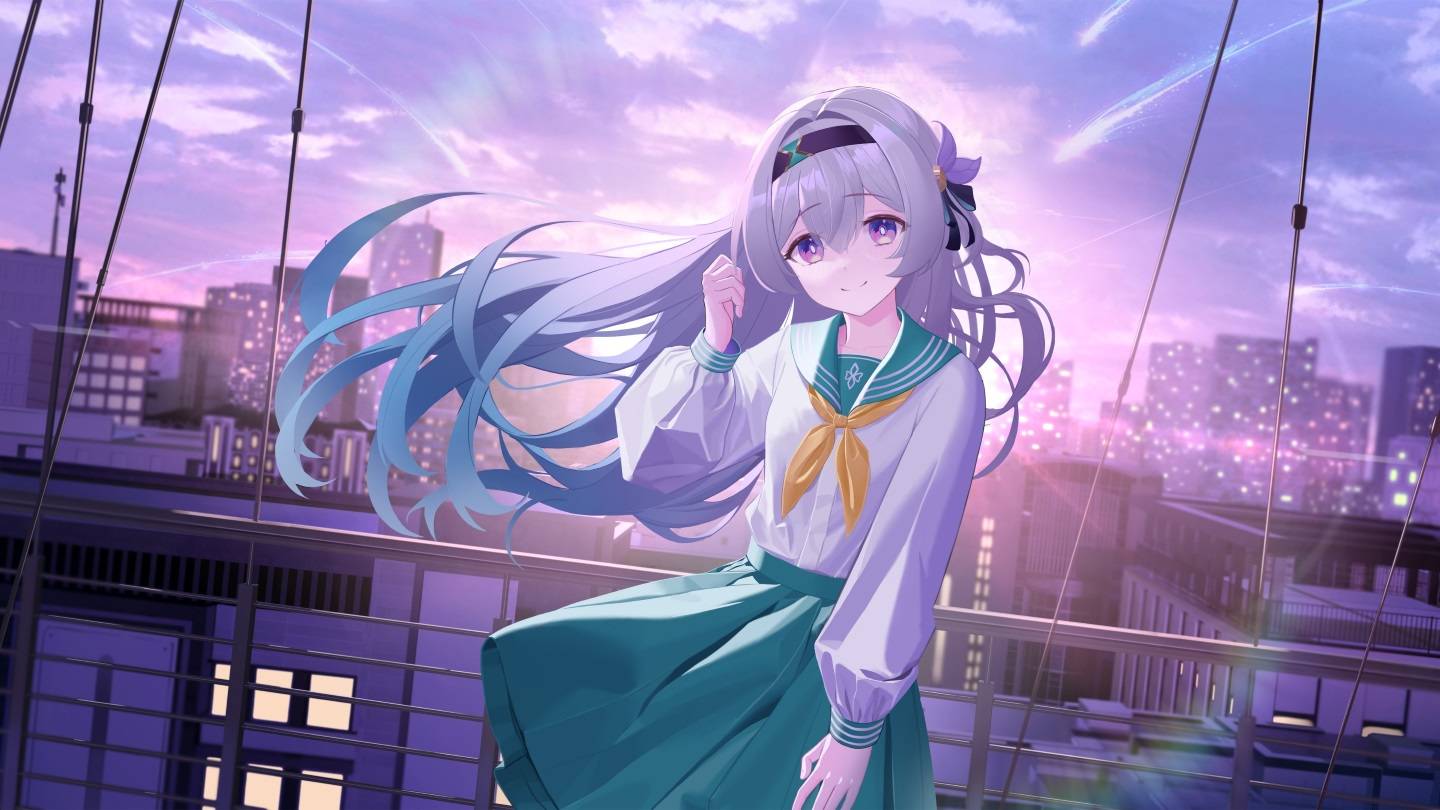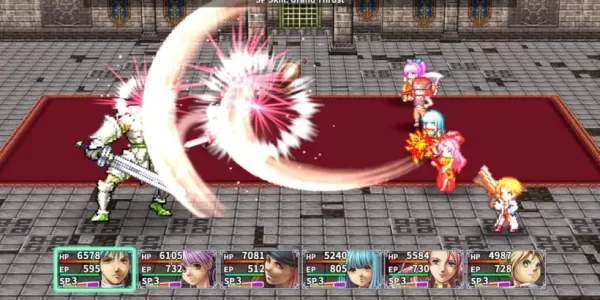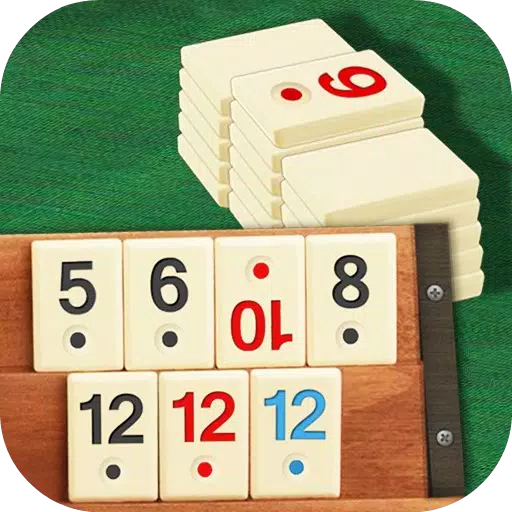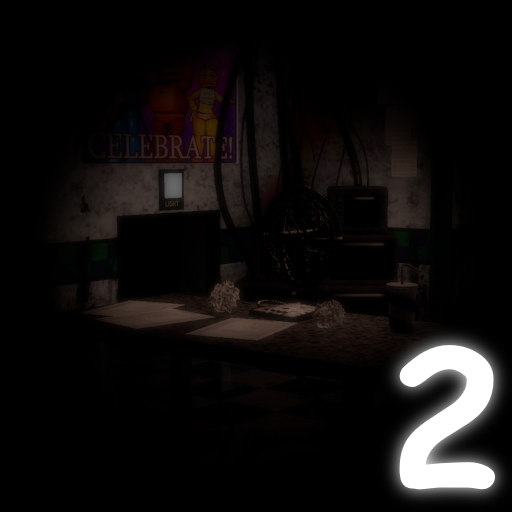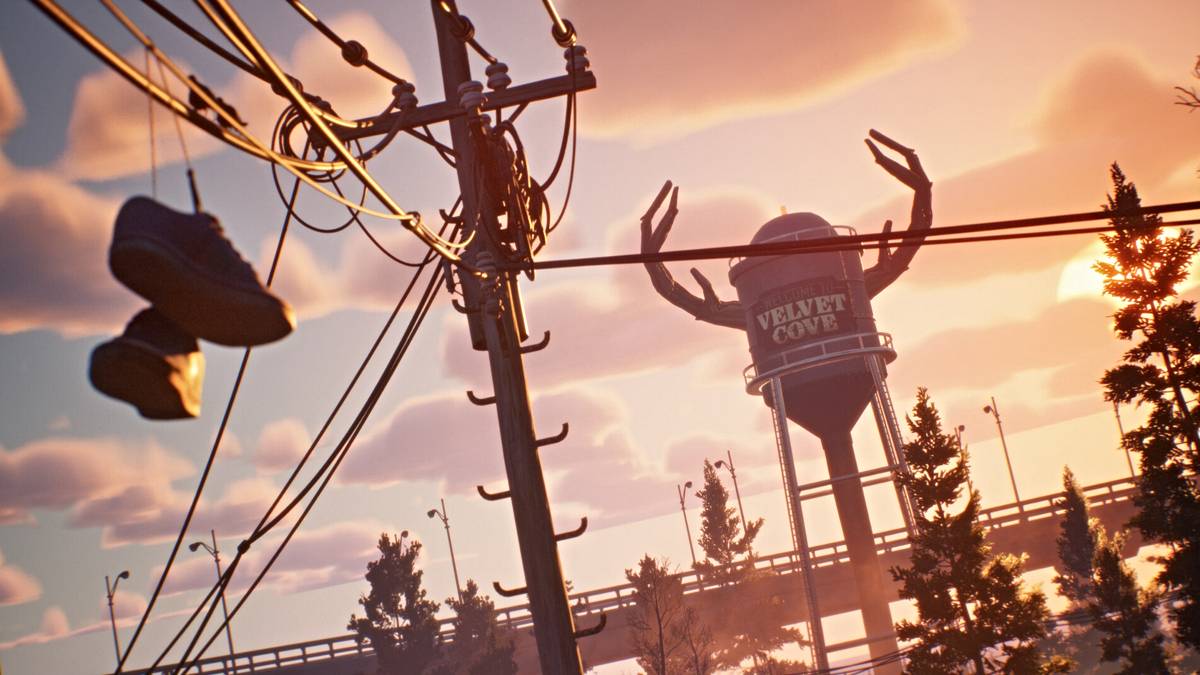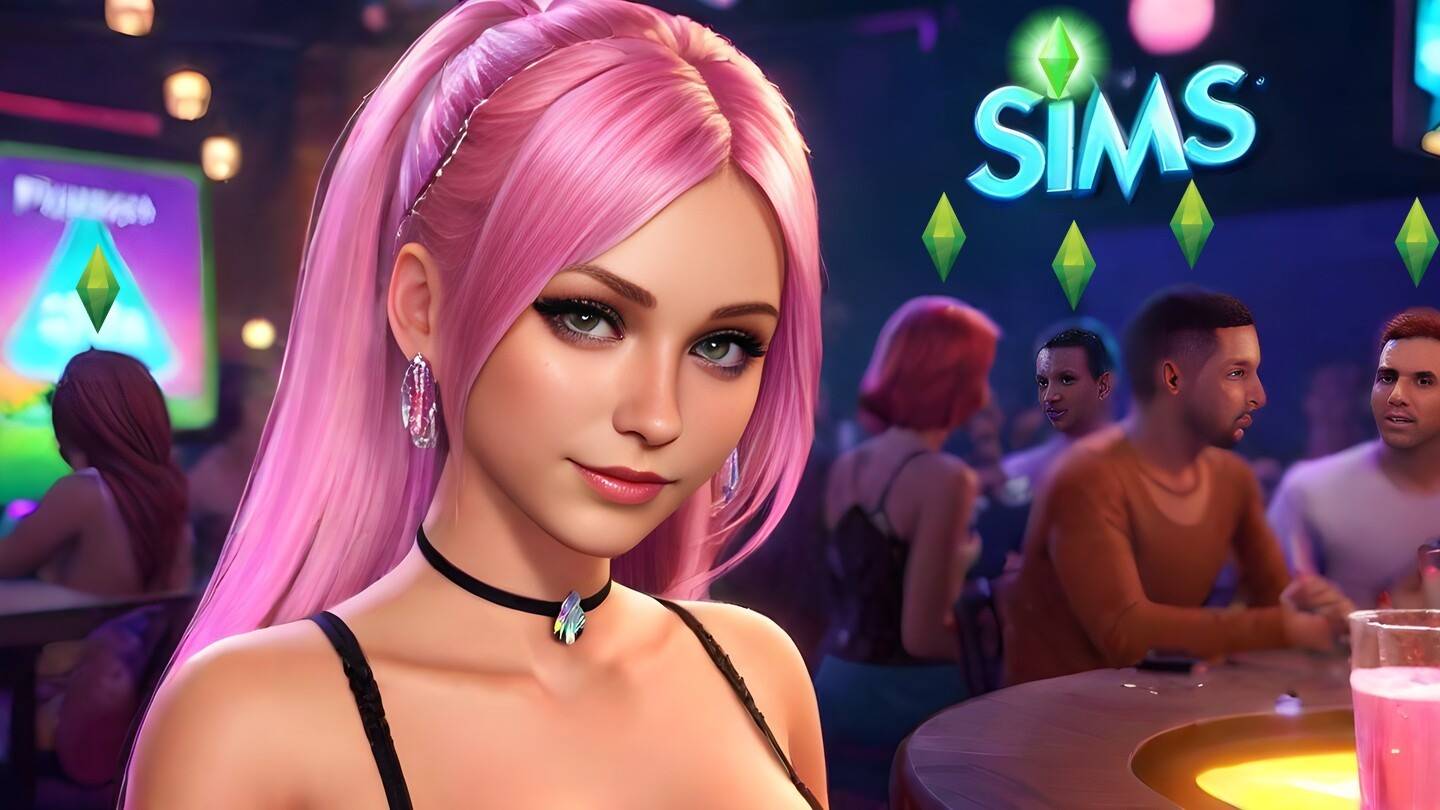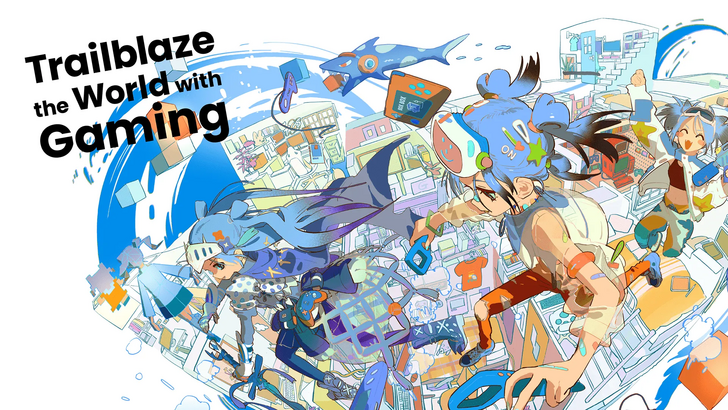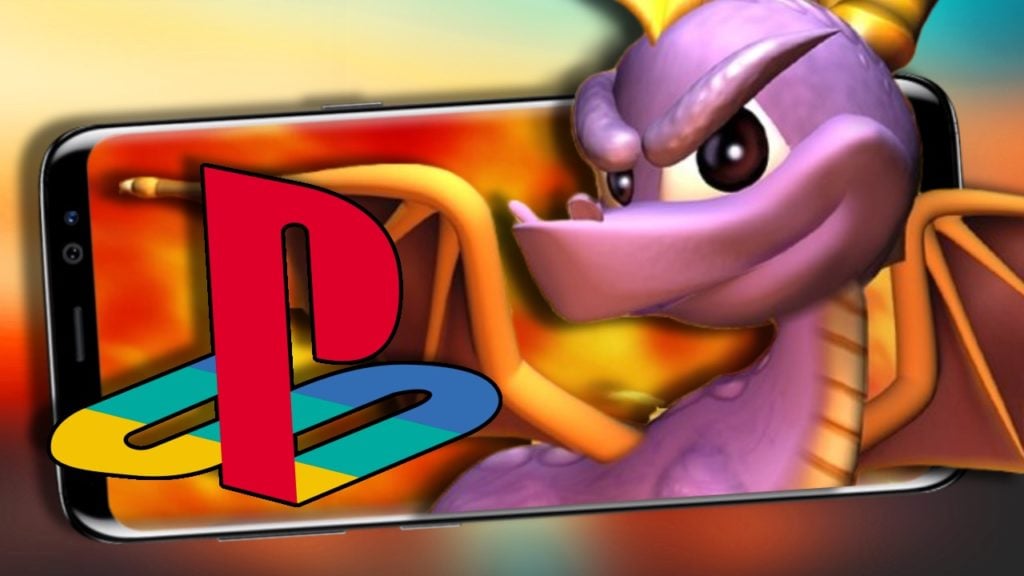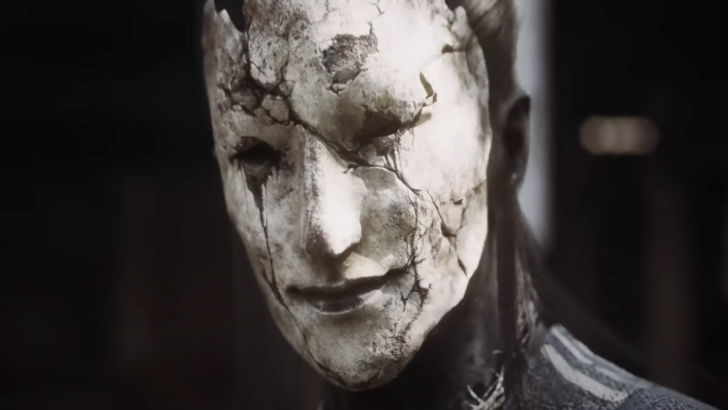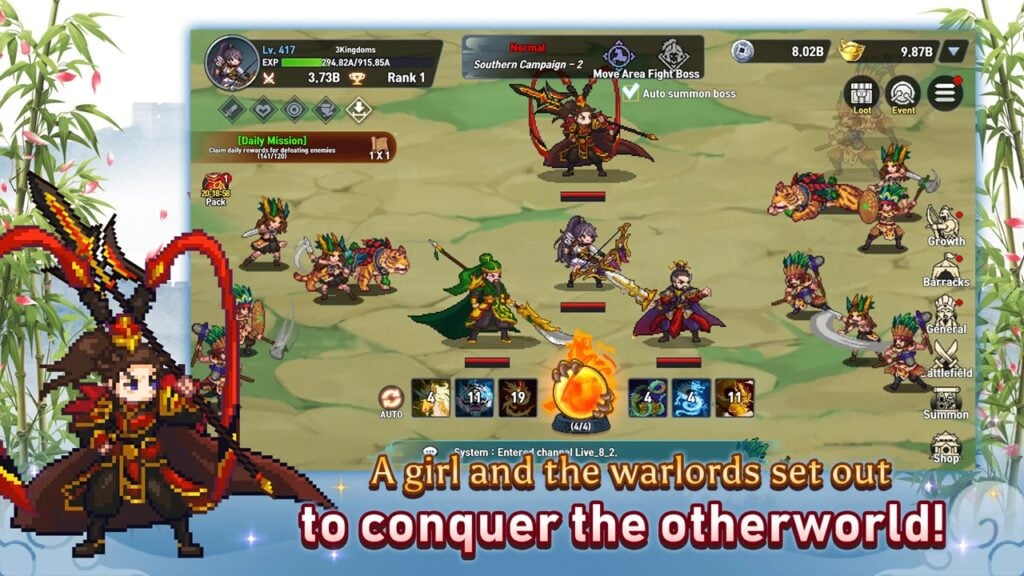The integration of artificial intelligence (AI) into video games is becoming an increasingly hot topic, with prominent figures like NieR series director Yoko Taro expressing apprehension about its impact on the industry. In a recent interview published by Famitsu and translated by Automaton, Yoko joined other renowned Japanese game developers—Kotaro Uchikoshi (Zero Escape, AI: The Somnium Files), Kazutaka Kodaka (Danganronpa), and Jiro Ishii (428: Shibuya Scramble)—to discuss the future of game creation and the role of AI in adventure games.
During the discussion, both Yoko and Uchikoshi shared their thoughts on AI. Uchikoshi highlighted his concerns about AI's rapid evolution, suggesting that AI-generated adventure games could become the norm. He emphasized, however, that current AI technology falls short in producing "outstanding writing" that matches human creativity. He stressed the importance of maintaining the "human touch" in game development to stay ahead of AI advancements.
Yoko echoed Uchikoshi's concerns, expressing fear that AI could lead to job losses for game creators. He speculated that in 50 years, game creators might be seen as akin to bards, a profession that has largely disappeared from modern society.
The group also discussed whether AI could replicate the intricate worlds and narratives of their games, including unexpected plot twists. Yoko and Ishii agreed that AI has the potential to do so, whereas Kodaka argued that while AI might mimic their styles, it lacks the essence of a true creator. He likened this to how other writers might emulate David Lynch's style, yet Lynch himself could evolve his style while keeping it uniquely authentic.
Yoko proposed using AI to generate new scenarios, such as additional routes in adventure games, but Kodaka pointed out that this approach could diminish the shared experience of gaming.
The conversation around AI's role in game development extends beyond this group. Notable companies like Capcom and Activision have been experimenting with AI, while Nintendo president Shuntaro Furukawa has acknowledged its creative potential but also raised concerns about intellectual property rights. Both Microsoft and PlayStation have also contributed to the ongoing dialogue about AI's place in the gaming industry.
This insightful discussion underscores the complex relationship between AI and game development, highlighting both its potential and the challenges it poses to the human creativity that has long defined the industry.





